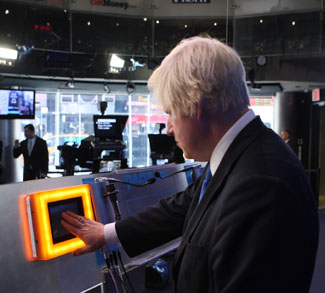Summary
Weeks after Britain’s historic vote to leave the European Union, several key questions remain unanswered. When will the UK government trigger Article 50? What will the post-split UK-EU trade relationship be? How will markets react when the process becomes real and irreversible? And what is going through Boris Johnson’s head in all this?
There has been a lull in the storm of the vote’s immediate aftermath, a period that saw global stock markets take deep plunges. Since then the major indices have undergone a tentative recovery. On the forex front however, the yen however remains inflated by the global flight towards safety, and the pound hit new historic lows on Tuesday amid data showing negative sentiment in the UK construction industry and signs from Bank of England head Mark Carney that aggressive easing will not be forthcoming.
Impact
Two property funds halt withdrawals for investors rushing to the exit of the UK property market. As of Tuesday, Aviva and Standard Life have halted withdrawals from their UK property funds to avoid having to sell assets and create a downward spiral in their property portfolios.
On the market confidence front, this is obviously terrible news. It suggests that smart money is already searching for the exit, and if this kind of sentiment catches on – a distinct possibility given the uncertainty and volatility that currently characterizes the Brexit – then the economic fallout could be swift and devastating.
The UK is particularly susceptible to a run on real estate. UK household debt stands at around 132% of disposable income, as inflated prices have stretched homeowners to their limits, particularly in markets with high levels of international competition such as London. The London market itself will be interesting to watch for two reasons: how ‘hot money’ responds to a possible downtick in prices, and how it responds to the prospect of The City no longer being the premier gateway to the European single market.




